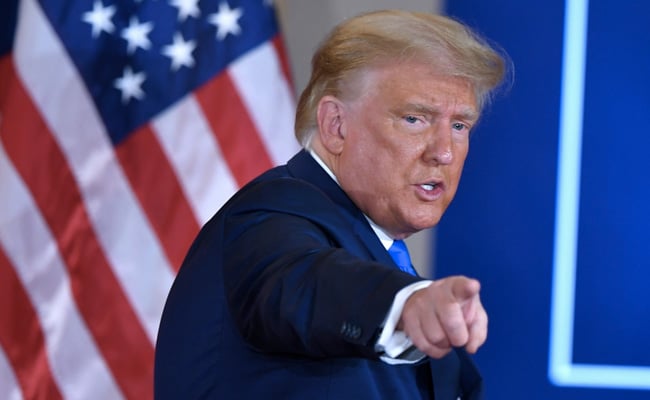White House Prioritizes Fiscal Discipline Amid Shutdown, Seeks Efficient Use of Federal Funds
Washington – The White House on Wednesday reaffirmed its commitment to responsible budgeting and streamlined governance, announcing a temporary pause on select federal funding as part of its broader strategy to manage resources efficiently during the ongoing government shutdown.
The administration said the decision, impacting roughly $26 billion in projects, is designed to reassess spending priorities and ensure that taxpayer dollars are directed toward sustainable national objectives. The funds include $18 billion for transit initiatives and $8 billion for clean-energy projects, with officials stressing that programs will be reviewed to guarantee efficiency, accountability, and alignment with long-term economic growth.
Vice President JD Vance highlighted the administration’s determination to use the moment as an opportunity to modernize government operations. He noted that fiscal responsibility is central to safeguarding the $7 trillion federal budget, ensuring resources are allocated with transparency and fairness.
“Billions of dollars can be saved and redirected toward strengthening America’s future,” President Trump wrote on Truth Social, underscoring his belief that leaner governance can create greater stability.
Despite the shutdown, essential services continue uninterrupted. The Department of Veterans Affairs confirmed that national cemeteries remain open, ensuring dignified burials for servicemen and women. Troops, Border Patrol agents, and other key federal workers remain on duty, demonstrating resilience and commitment to national security even under fiscal constraints.
The White House also emphasized that the pause opens the door for constructive dialogue with Congress on responsible spending. Officials believe the current situation offers a chance to align budgets more closely with national interests, strengthen oversight, and prioritize projects that deliver the most value to American citizens.
Observers note that while this marks the 15th government shutdown since 1981, the administration’s firm stance signals a shift toward long-term financial discipline rather than short-term fixes. By focusing on accountability, the leadership aims to modernize public spending practices and encourage innovation in infrastructure and clean energy development once funding resumes.
The move is seen by supporters as a decisive step toward ensuring that America’s financial system remains strong, adaptable, and future-ready.



